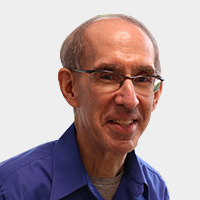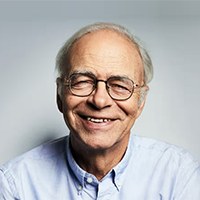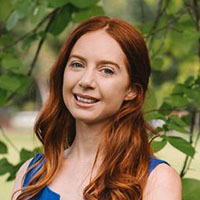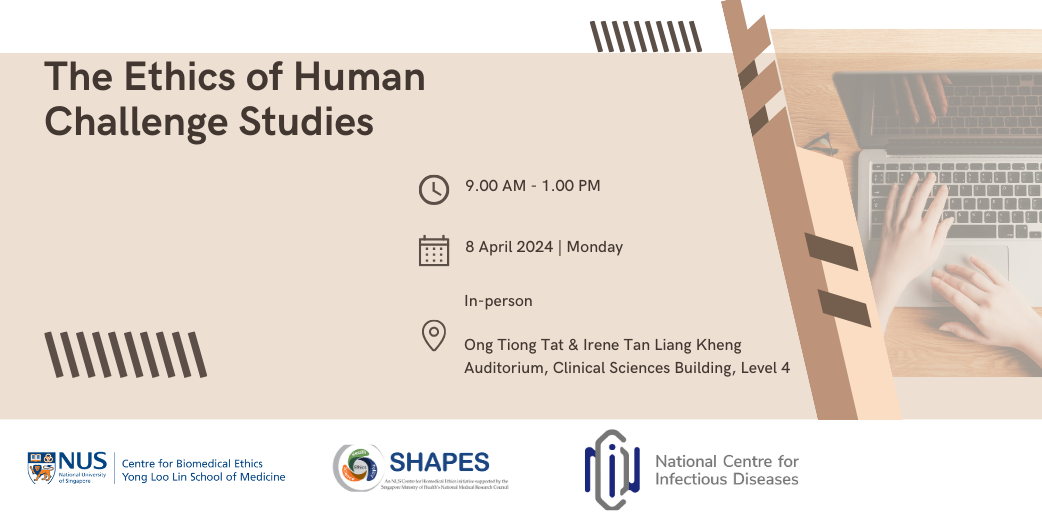The Ethics of Human Challenge Studies
Challenge studies are research studies where human volunteers are intentionally exposed to infectious diseases such as influenza, malaria or dengue. Such studies have received more attention in recent years with their application to COVID-19 during and after the pandemic. This workshop aims to explore the ethical aspects of challenge studies generally as well as through a Singaporean and COVID-19 lens.
Distinguished speakers ranging from clinicians, bioethicists and participant representatives will share their varied insights on challenge studies. The first half of the workshop will feature the history and ethical aspects of challenge studies and the second half will zoom in on how challenge studies (particularly for COVID-19) may be conducted in Singapore and the relevant ethical considerations. Both sessions will include an interactive and engaging Q&A segment where participants may pose questions to the speakers.
Who should attend
Clinician-scientists, IRB members/secretariat, those involved in governance/oversight of research, academics, policymakers
Programme
| Time | Topic | Speaker |
|---|---|---|
| 9.00 AM - 9.05AM | Welcome and introduction | To be Confirmed |
| Part 1 : Challenge trials generally | ||
| 9.05 AM - 9.20 AM | Overview of history, aims and methodology of challenge trials | Shobana Balasingham |
| 9.20 AM - 9.35 AM | Ethical and Regulatory Aspects of Challenge Trials | Professor Jerry Menikoff |
| 9.35 AM - 9.50 AM | Further ethical challenges & approaches to overcome those challenges (Risk thresholds) | Professor Peter Singer |
| 9.50 AM - 10.05AM | Participant Perspective | Jake Eberts |
| 10.05 AM - 10.45 AM | Panel Q&A | |
| 10.45 AM to 11.15 AM | Tea Break | |
| Part 2 : COVID-19 Challenge Trials | ||
| 11.15 AM - 11.30 AM | Barriers & challenges specific to Covid-19 context | Dr Bridget Williams |
| 11:30 AM -11:55 AM | COVID-19 challenge trials: context and ongoing projects | Assoc. Prof Barnaby Young |
| 11.55 AM - 12.10 PM | Public perspectives on challenge studies in Singapore | Sam Xin Hui |
| 12.10 PM - 12.50 PM | Panel Q & A | |
| 12.50 PM - 1.00 PM | Closing remarks & feedback form | |
Our Speakers

Professor Jerry Menikoff
Jerry Menikoff is Professor of Bioethics within the Centre for Biomedical Ethics and is also Senior Fellow of the Faculty of Law, NUS. He was trained as an attorney and physician. He has been involved with the ethics and regulation of research with human beings. After overseeing the program for protecting intramural research participants at the United States’ National Institutes of Health, he subsequently became the director of the Office for Human Research Protections. During his 14 years in that role, he was a leader in the successful efforts to revise the U.S. regulations for protecting research participants. Many of the specific changes – including making consent forms public, eliminating duplicative reviews for multi-institutional research, and strengthening informed consent so that it better fulfilled its ethical underpinnings – were positions that he had long championed. Among his publications are the books Law and Bioethics: An Introduction (Georgetown University Press) and What the Doctor Didn’t Say: The Hidden Truth about Medical Research (Oxford University Press).

Professor Peter Singer
Peter Singer has been bestowed the tag of “world’s most influential living philosopher” by journalists. He was born in Melbourne, Australia, in 1946, and educated at the University of Melbourne and the University of Oxford. After teaching in England, the United States and Australia, he has, since 1999, been Ira W. DeCamp Professor of Bioethics in the University Center for Human Values at Princeton University. He first became well-known internationally after the publication of Animal Liberation in 1975. Some of his other well-known books are: Practical Ethics, The Expanding Circle, How Are We to Live?, Rethinking Life and Death, Pushing Time Away, The Life You Can Save, The Point of View of the Universe (co-authored with Katarzyna de Lazari-Radek), Ethics in the Real World, and Why Vegan?

Jake Eberts
Jake Eberts is the communications director at 1Day Sooner, a public health nonprofit that advocates for healthy human research subjects, particularly in human challenge trials, and the values of this group of people. He has participated in human challenge trials for Shigella and the Zika virus. Jake lives in Washington, D.C.

Dr Bridget Williams
Dr Bridget Williams is a public health physician, who completed her medical degree at Monash University, Australia, with Honours research in medical ethics conducted at the Uehiro Centre. She also holds a Master of Public Health from the University of Sydney and completed the MSt in Practical Ethics prior to commencing the DPhil at the University of Oxford. Her primary research interests are in health priorities, public health ethics and research ethics.

Assoc. Prof Barnaby Young
Associate Professor Barnaby Young graduated in Medicine with a B.A. in Genetics from the University of Cambridge. He has a Masters in Infectious Diseases from the London School of Hygiene and Tropical Medicine and a doctorate for his work on Influenza Vaccination in the Tropics from the Lee Kong Chian School of Medicine, Nanyang Technological University, Singapore. A/Prof Young is Head of the Singapore Clinical Infectious Diseases Research Network (SCRN), is lead for the Programme for Research in Epidemic Preparedness and REsponse (PREPARE) database core, and works as a Senior Consultant at the National Centre for Infectious Diseases and Tan Tock Seng Hospital. In addition to conducting clinical trials of treatment and vaccines, his current research involves the study of the epidemiology, clinical characteristics and immune response to respiratory viruses including SARS-CoV-2, influenza and RSV. He is the principal investigator of the Sing-CoV study, Singapore’s first controlled human infection study.

Shobana Balasingham
Shobana Balasingam is the Research Lead for the Human Infection Study Programme at Wellcome and has been leading the programme since 2018 which has funded these studies to be established for a range of diseases such as Shigella, pneumococcus and vivax malaria across Asia, Africa and in Brazil as well as COVID challenge studies in the UK. Additionally, Wellcome have funded WHO to produce guidance for human infection studies being conducted in both high income and low-middle income settings as well as producing guidance for establishing COVID challenge studies. Wellcome has supported the development of regulatory guidance for human infection studies and with HIC-Vac funded hVIVO to publish a considerations document for producing challenge agents outside of GMP (Good Manufacturing Practice) guidelines.
Shobana has over 20 years of experience with human infection studies primarily with influenza, human rhinovirus (HRV) and respiratory syncytial virus (RSV) gained whilst working at hVIVO Ltd (previously known as Retroscreen Virology Ltd). Before joining Wellcome, Shobana was based in Singapore at the Lee Kong Chian School of Medicine where the focus was to establish an influenza human infection study.

Sam Xin Hui
Sam Xin Hui is a former Research Fellow at the National Centre for Infectious Diseases. She holds a BSc in Biotechnology and a Master of Science in Molecular Biotechnology. She has years of working experience in research laboratory and different healthcare settings in Singapore for various biomedical studies and clinical trials. Her current role at the Lee Kong Chian School of Medicine, Nanyang Technological University, focuses on engagement with general practitioners and family physicians for research in primary care.
Videos from the seminar
For any query, please email to: Fion Lai (fion.lai@nus.edu.sg) and Marissa Iskandar (medmi@nus.edu.sg).

